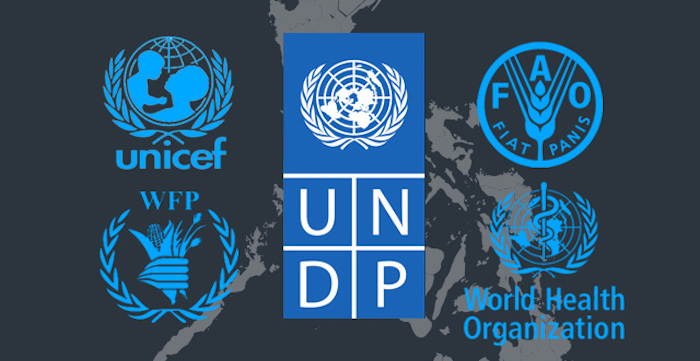The conflict in the north-east in Nigeria could lead to death of 1.1 million Nigerians by 2030, if the current investment deficit in development is not addressed urgently, the United Nations Development Programme (UNDP) Nigeria has said .
The devastating conflict in north-eastern Nigeria has directly resulted in the deaths of approximately 35,000 people as a consequence of insurgency since 2009, it said in a report.
It added that indirect deaths including disease and hunger resulting from the conflict’s physical and economic destruction, already far outnumber those from direct causes.
The study, assessing the impact of conflict on development in north-east Nigeria,
It said critical aspects of progress and development, including Gross Domestic Product (GDP), poverty, malnutrition, infant mortality, education, water availability and sanitation, may not return to pre-conflict levels even by 2030.
According to the report,for each casualty caused directly by insurgency, an additional nine people, primarily children, have lost their lives due to lack of food and resources.
It said more than 90 percent of conflict-attributable deaths are of children under the age of five.
UNDP Resident Representative Mr. Mohamed Yahya, said while the government of Nigeria has made great strides in retaking and stabilizing large areas of the region, continued investment in development from both national and international stakeholders is needed.
He said :“Without continued investment in development as a long-term solution, the protracted conflict in north-east Nigeria will continue to impact other parts of the country and the entire Sahel region. There is a need for international partners and national stakeholders to ensure that funds are invested not only on life-saving and humanitarian needs but also on mid- and long-term development priorities in order to enable Nigeria to achieve the SDGs and attain the AU 2063”.
The report noted that physical and economic destruction wrought by the insurgency has dismantled already fragile health and food systems.
It said less than 60 percent of health facilities in Adamawa, Borno, and Yobe states are fully functional, while a quarter are either completely destroyed or non-functional.
It also started in part that “Attacks from insurgency have also led to massive internal displacement.
It also said over 1.8 million Nigerians are displaced in Adamawa, Borno, and Yobe states, with the vast majority (nearly 1.5 million) located in Borno.
Besides, 1.8 million students were out of school in 2020, and without increased investment in development efforts, the average Nigerian in the north-east will have lost a full year of education by 2030.
“The report findings suggest that to overcome the conflict, development efforts need to be focused on the stabilization of affected areas through a community level approach that enhances physical security and access to justice, rehabilitation of essential infrastructure and basic service delivery as well as revitalization of the local economy such as market stalls, schools and police stations.
“This UNDP report, coming on the heels of a United Nations OCHA study, reinforces its findings that stabilization is the way to prevent upwards of 29 million people in the Sahel Region needing costly humanitarian aid.”

